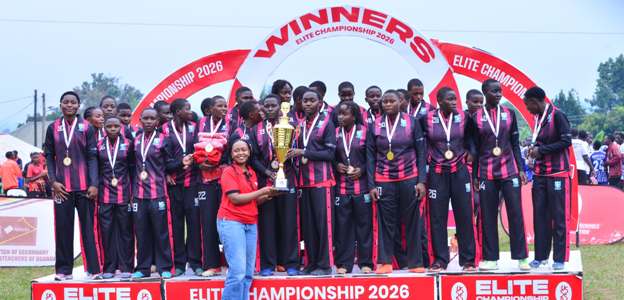In the swirling arena of Ugandan football, where passion often runs hotter than the midday sun over Mengo, the Federation of Uganda Football Associations (FUFA) has stepped forward with a crisp, assertive response to mounting discontent from top-tier clubs. Vipers Sports Club, led by the ever-vocal Dr. Lawrence Mulindwa, drew first blood with a flurry of letters and walkouts, questioning the legitimacy and fairness of the new league format. In what can only be described as a chess move draped in velvet, FUFA’s CEO Edgar Watson penned a response as polished as it was pointed, drawing the line between dialogue and defiance.
FUFA’s letter is a study in institutional poise and protocol precision, recounting a trail of meetings, calls, and circulars that, according to the federation, Vipers SC not only received but were party to. The federation likens its reforms to a ship set sail after wide consultation, where those who chose to jump overboard mid-course cannot then claim ignorance of the destination. Using a tone laced with both disappointment and obligation, FUFA reminded Vipers that they had not only applied for the club license but signed off on the terms they now decry. The ball, metaphorically and literally, is in their court.
Meanwhile, SC Villa, Uganda’s oldest football royalty, has chosen a different weapon: protest laced with poise. In a scathing letter, club president Omar Ahmed “Mandela” described the new format as an economic snare, wrapped in the language of reform but feeding off the lifeblood of club owners. With metaphors worthy of a rallying anthem, Villa painted FUFA’s UGX 3.4bn funding promise as a “red herring” meant to dazzle, not deliver. Yet, in a poetic turn, they pledged to soldier on, for the sake of their players, their coaches, and the crest that never sleeps.
What emerges is a landscape of discontent masked in diplomacy, where club presidents speak with the fury of thunder but the restraint of statesmen. FUFA, like a goalkeeper under siege, has parried both criticism and rebellion with a glove of protocol, emphasizing structure, consultation, and regulatory compliance. But beneath the formality, a deeper question brews like a storm: can the heart of the game beat freely if its custodians and creators are constantly at odds?
And so, the league presses on, like a drumbeat echoing through the hills of Kampala, undeterred by the discord of its own band. Whether this is the start of a renaissance or a slow-burning revolt, one thing is clear: in Ugandan football, the pitch may be level, but the power plays are anything but. The season begins, not with cheers alone, but with pens unsheathed, and voices, however discordant, refusing to be ignored.

